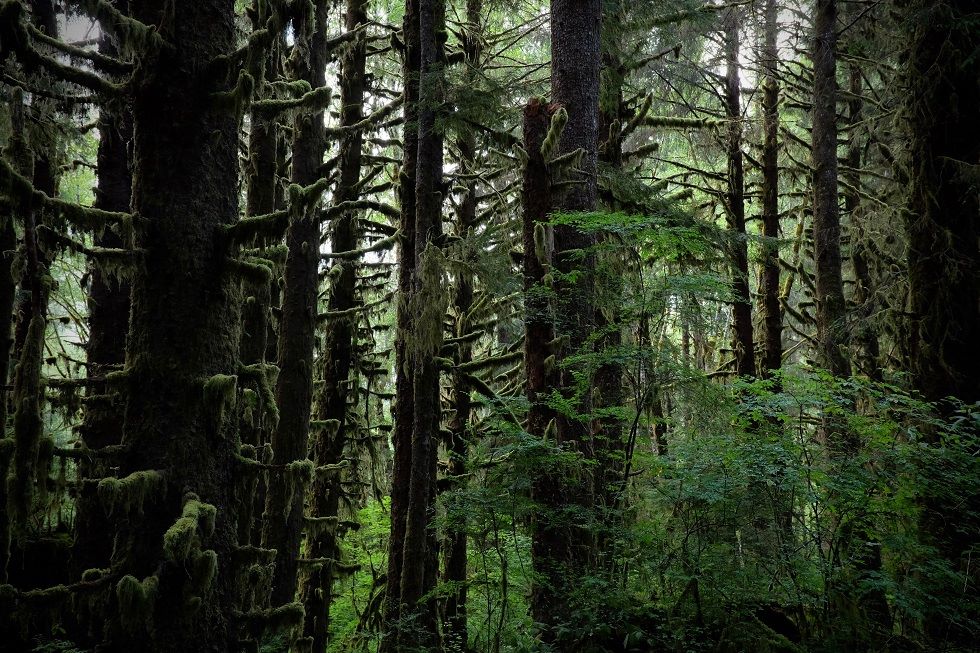Sometime in January, 1974, Omanson received divorce papers from his wife. Caught off-guard and emotionally crushed, he just signed the papers and contested nothing, and determined to remain in the woods for the rest of the winter alone. He concentrated on laying in firewood and laying in books and, when not attending to basic needs, he spent his days reading, taking long treks into the countryside and along the coast, and writing his first poems. Read Part 2, Working in…...

